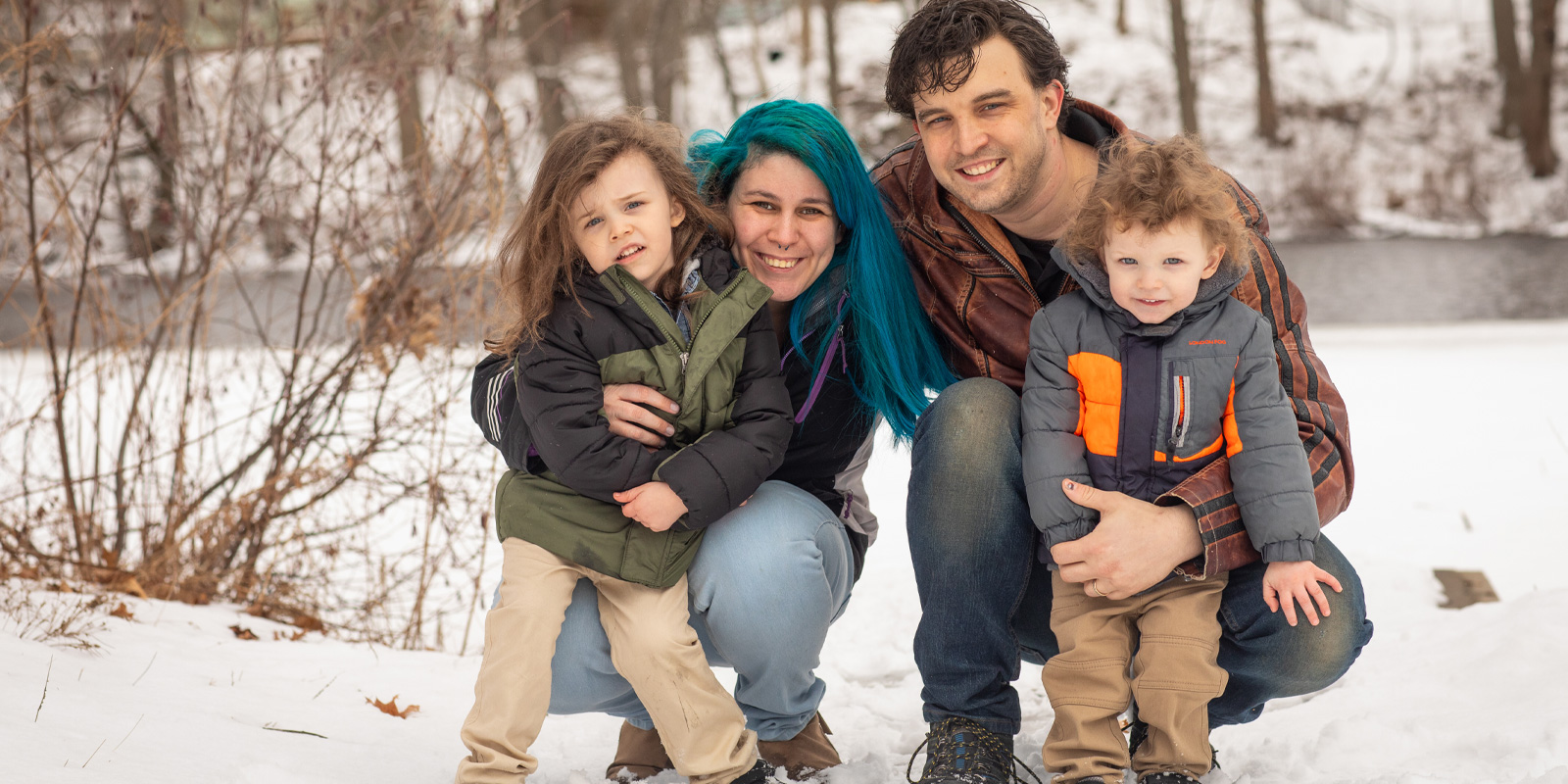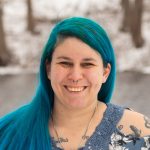Rhode Island mom Blanca Goetz, 26, discusses her strengths and what she brings to discussions of young parenthood.
I’ll never forget that woman in the airport telling the 21-year-old pregnant me that the best thing to do would be to put my baby up for adoption. She was a stranger, and in her opinion I was too young to take care of a child. She took one look at me and assumed she knew what was best. Thankfully I didn’t listen to her.
I love reading to my children and doing art projects with them. This is a stressful time for all of us, but they feel safe and taken care of because that’s the feeling their dad and I project.
I know how to pull through adversity. Working under pressure is nothing new to me. Trust me, I’ve been through the foster care system. I’m the youngest of six children on my mom’s side and four on my dad’s side. My siblings and I went through a lot together. The research shows that children placed in foster care or adopted from foster care are more likely to experience adverse childhood experiences (ACEs) than children raised by their birth parents, but we also have unique strengths.
It’s important to remember the words of psychiatrist Carl Bell: “Risk factors are not predictive factors because of protective factors.” In other words, healing is possible through nurturing and support. The experiences I’ve had are part of me, and thanks to the support I’ve received in building and strengthening my protective factors, I’m learning how to help others.
Families Thrive, an initiative at the Center for the Study of Social Policy (CSSP), brings together the latest research on development, brain biology and the impact of trauma on development and healing to help professionals support young parents and their children to succeed and thrive.
👉 Discover the Virtual Resource Center
CSSP hired me to be a faculty assistant for the virtual resource center, and I have worked to support jurisdictions on authentically partnering with expectant and parenting youth in co-designing policies, programs and informing practice. I am also part of the research team. My lived experience is informing the investigation into how young parents think about the world and the potential we envision for our children. I am treated with just as much respect as the Ph.D.’s on the team. They know that young parents have valid points to make. We can add value. And we help them see the bias in the existing research, most of which was conducted without bothering to ask young parents for their points of view.
Social workers sometimes have biases, too. They’re trained to act a certain way, but I think they should reconsider some of what they’ve learned. For example, they’re taught not to get “emotionally involved” with their clients, but my personal experience tells a different story. The social worker who helped me the most, Caitlin Divver (now with Foster Forward), took a special interest in my life, and, because of her, I wanted to do better for myself.
Thanks to all the people who’ve taken the time to listen to me, I know that whatever direction my life and career go, I will be paying close attention to others who have gone through challenges.
Blanca Goetz is a mother of two who lives with her family in Rhode Island. She is a faculty assistant for the Virtual Resource Center, a joint effort between the Center for the Study of Social Policy and the Annie E Casey Foundation’s Jim Casey Youth Opportunities Initiative. The Center works to support jurisdictions on authentically partnering with expectant and parenting youth in co-designing policies, programs and informing practice. Photo: Josephine Sittenfeld.




